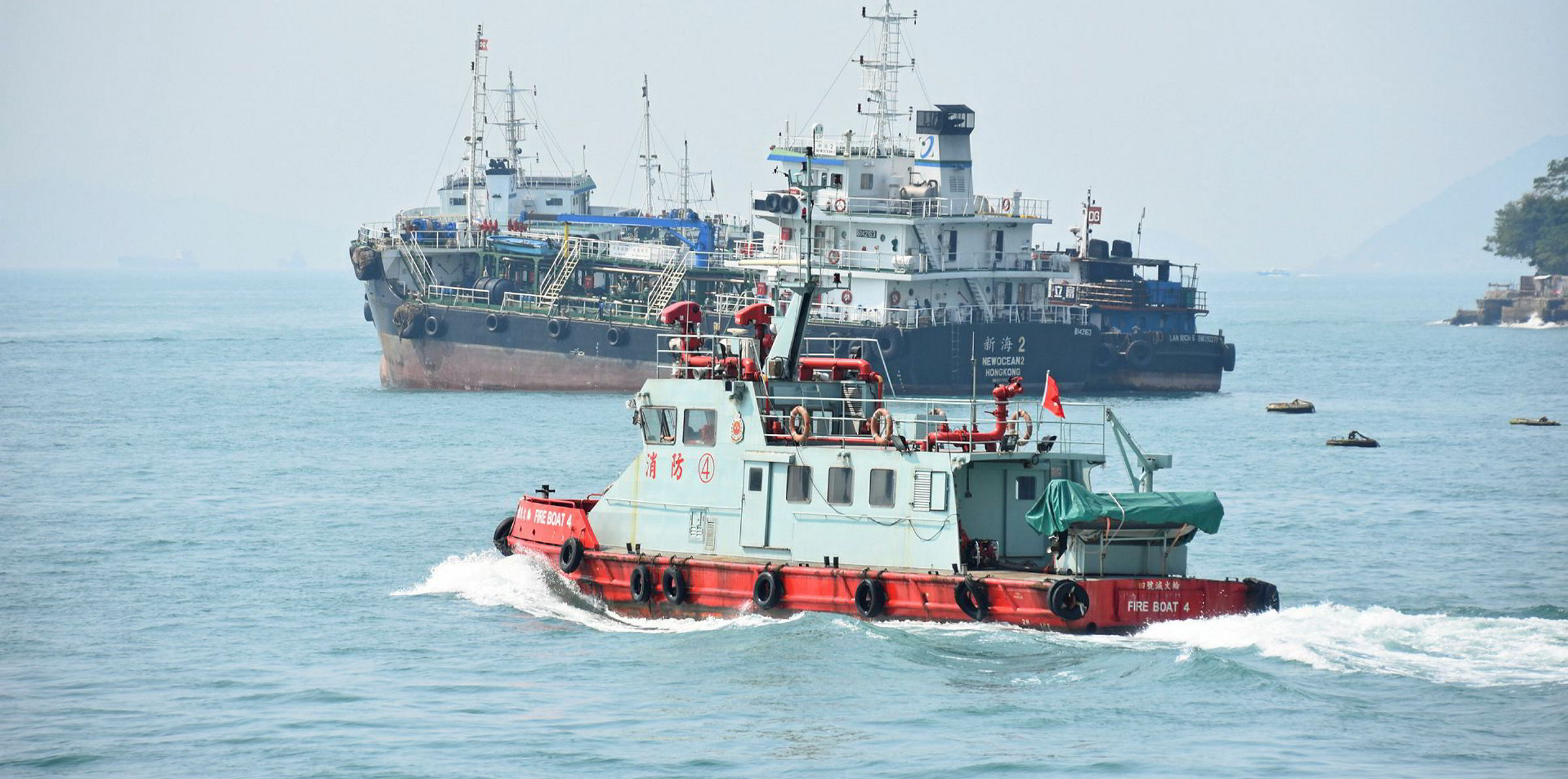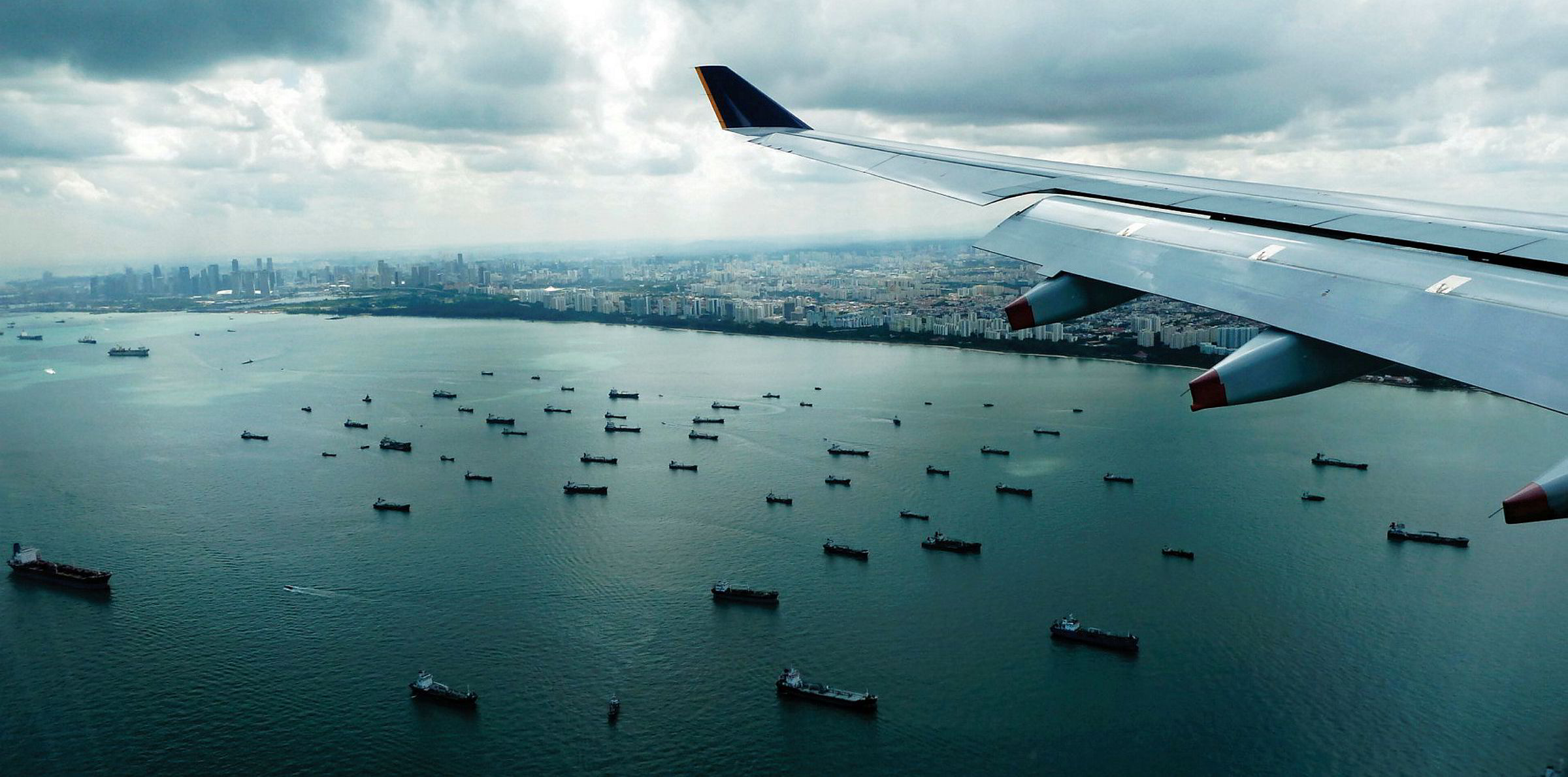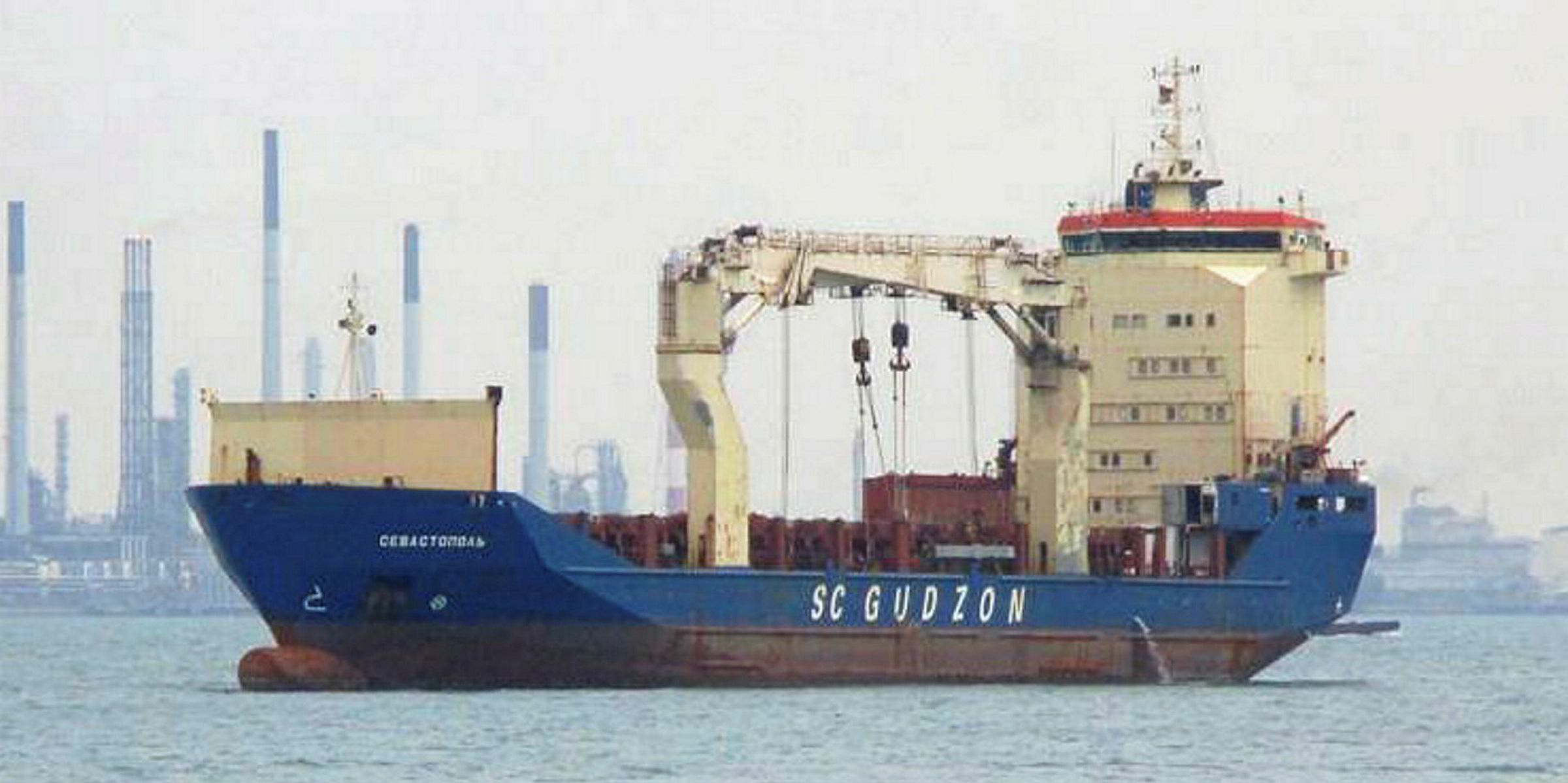Societe Generale is waging a court battle over more than $90m it claims it lost in a credit scam.
The case centres on a series of alleged sham bunkering transactions, which were financed by real money from the French bank's Singapore branch.
The credit was issued to Singapore-based Inter-Pacific Petroleum (IPP) and allegedly paid over to a series of other parties.
IPP has been under judicial administration in Singapore since August, making the recovery of funds complicated.
Hong Kong-controlled IPP was at the centre of another controversy earlier this year when it lost bunker craft operating licences after the Maritime and Port Authority of Singapore found it had used magnets to produce fraudulent readings in mass flow metres.
In the fraud case, lawyers for Societe General's Singapore branch have been chasing assets to recover their client's cash in the courts of London, Hong Kong and Singapore.
Hong Kong proceedings
Defendants in one Hong Kong action have included up to 11 corporate and individual parties.
But the bank has struck at the wrong target in at least one of its efforts.
Hong Kong bunkering tanker owner NewOcean Petroleum was agreed to be an innocent third party and dropped from Societe Generale's lawsuit.
It has in turn dropped an arrest in Singapore of the 3,000-dwt bunkering tanker Pacific Energy 28 (built 2012).
Court documents show that NewOcean holds mortgages on several IPP-related ships as security on marine fuel sales and purchase contracts.
Societe Generale's claimed losses in the fraud come to about half of the debt involved in the Singapore judicial administration of IPP.
Bunkering trade journal Manifold Times reported that IPP had nearly $182m of "significant and verifiable liabilities", of which the largest sums were $96.3m outstanding from Societe Generale and $69.8m due under credit facilities with Malayan Banking Bhd.
Deliberate fraud
Hong Kong's Court of First Instance Judge Keith Yeung expressed no doubt that Societe Generale had been defrauded, although the court has not determined any individual culpability so far.
"The evidence demonstrates a deliberate fraud on [Societe Generale, Singapore branch] with forged documents over a protracted period of time," Yeung wrote in a ruling on one aspect of the case.
"The alleged business transactions involved [IPP] receiving orders for marine bunkers and fuel oils from its customers, and then placing back-to-back purchase orders with [Legend Six Holdings, another defendant in a Hong Kong action].
"[IPP] then paid [Legend Six] with the facilities obtained from the plaintiff by making payments into a specific account [Legend Six] holds with the Bank of China," the judge wrote.
Societe Generale's lawyers told the court that forged documents were used to create the impression that the underlying transactions had actually taken place.
"The plaintiff further says [Zoe Cheung Lai Na], a director of IPP ... has made clear admission to the plaintiff about the fraud. Loss to the extent of $89.8m has been claimed," Judge Yeung wrote.
TradeWinds has requested comment from legal representatives of Societe Generale and Zoe Cheung Lai Na, but neither responded before TradeWinds went to press.
Information disclosed by two parties in the case to which the judge referred in a ruling indicated that a defendant, Oriental Everise Ltd, received some $44.9m of funds from Legend Six's Bank of China account.
Pacific Dragon (Hong Kong) Energy Ltd allegedly received nearly $25m, Daisho Microline Ltd some $6.65m and Chuang Xin (China) Group Ltd some $3.05m.
Not much is known about some of the defendants in the case. Zoe Cheung Lai Na is described in court documents as sole director of Chuang Xin (China) Group.
Wholly owned subsidiaries
Daisho Microline Ltd and Pacific Dragon (Hong Kong) Energy Ltd are wholly owned subsidiaries of Hong Kong-listed Daisho Microline Holding Ltd, a circuit board manufacturer with plants in mainland China.
Court documents in the Hong Kong proceeding mention Zoe Cheung Lai Na as, until recently, a director of the listed company.
But Yeung rejected an argument by the Daisho Microline parties that they should be exempted from Mareva injunctions freezing their funds.
The listed parent company's reported total equity was HKD 229m ($29.3m) and delivered an annual profit of HKD100m in 2018.
"The total sums said to have been received by [Pacific Dragon and Daisho Microline], $31.6m ... are very substantial," wrote the judge, adding that the evidence suggests that even the Hong Kong-listed parent company would not be good for the money in case of a judgment.






